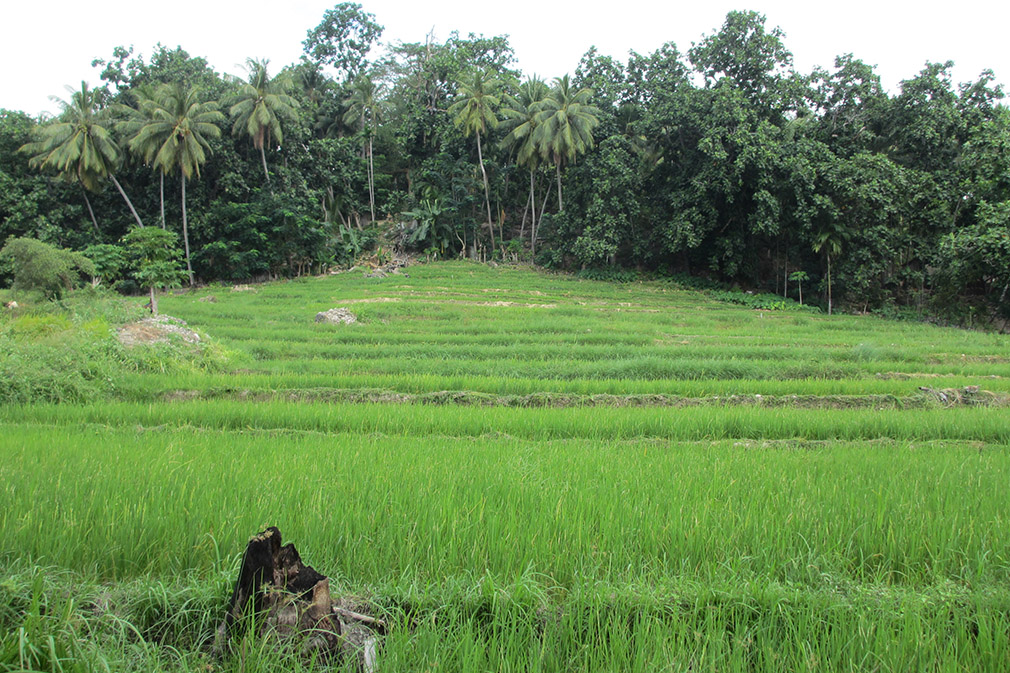Resource information
This World Bank supported presentation highlights the need of a land law in Timor-Leste.
Whether customary standards and traditional proverty rights are taken into account during the lobbying for a new land law is not clear, but it states at least the acknowledgement of community Land.
Due to several changes in the legal regime during the last 3 decades, Timor-Leste is facing a high degree in land right uncertainty:
Land reform in TL is still insufficient: The country’s first big land law, promulgated in 2003, passed ownership of property previously controlled by the Portuguese and the Indonesians to the new state. But exactly which tracts of land this law applied to remains an unsettlingly open question. About a quarter of the country’s 200,000-odd land parcels have been formally registered. Of these, most were processed under Portuguese or Indonesian rule, and many will have been ill-gotten. Hence, according to the land law, much of the land currently under cultivation could be claimed by the state.
In February parliament passed three laws that would allow authorities to grant titles for land with uncontested ownership; set up a system for resolving land disputes outside the notoriously dysfunctional courts; and recognise communal land as a legal category, paving the way for communities to register the shared plots that quilt much of the countryside. Yet many villages and civic groups feel the laws were designed more to help corporate investments than protect individuals.

